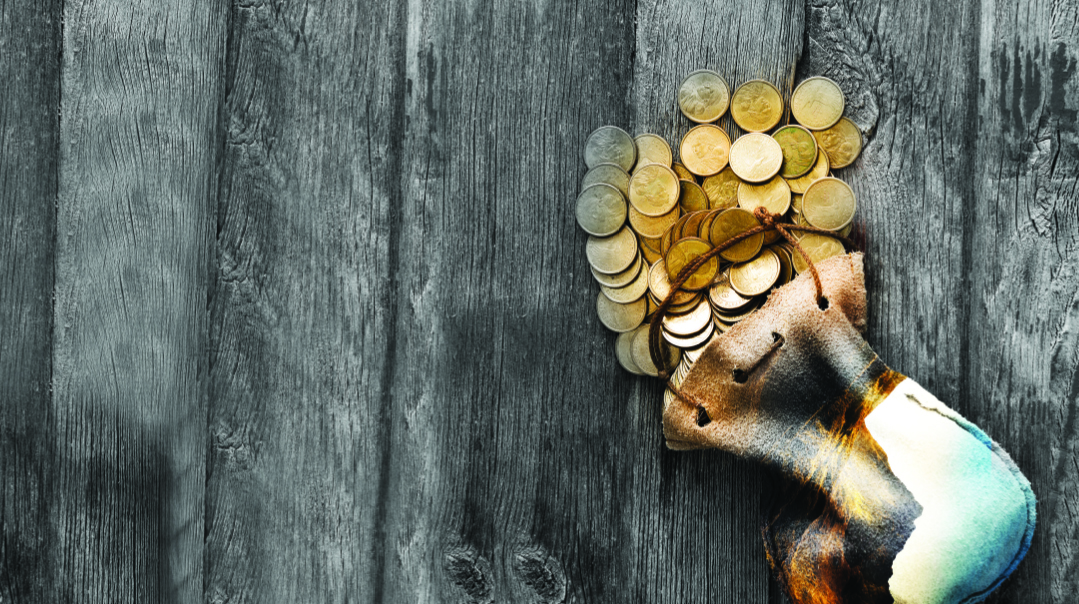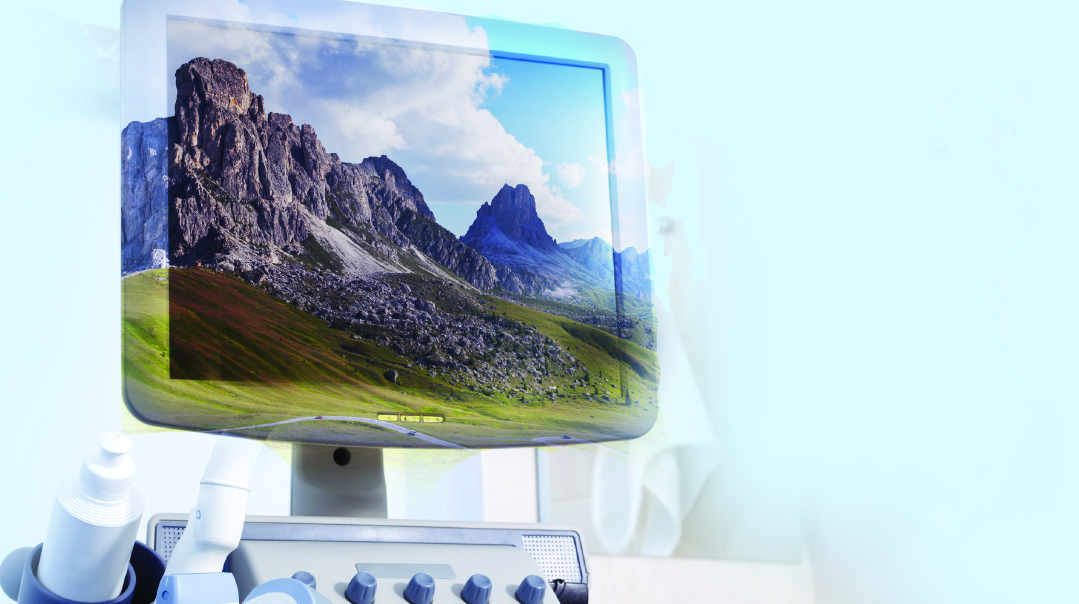Food For Thought

Inside I burn. This is his health. How can he be so dispassionate?

Tatty has headaches again.
He’s not a very expressive person and definitely not visual, so when he says he feels like a hammer is pounding in his head for hours, I know he must be in great pain.
If you saw him, you could never tell.
He doesn’t moan, groan, or complain. He struggles to put on his jacket, designed with extra-large armholes. If someone walks by and helps him, he nods imperceptibly. It’s the only way he knows to show appreciation to those helping him accomplish a task that used to take thoughtless seconds.
His headaches may be a side effect of the medication he takes to slow the progression of Parkinson’s. But I think they’re exacerbated by his diet. The headaches and dizziness make it impossible for him to focus on the written word. I tell him bits and pieces of what I have read.
“Do you know protein interacts with your medication?”
“Oh.”
He walks away before I can explain.
The next time I see him, he tells me his doctor mentioned something about protein, but he isn’t sure what.
“Do you want me to explain?”
“Yes, but I don’t have time now,” he answers.
“Should I type it up and e-mail it?”
“Okay.”
Inside I burn. This is his health. How can he be so dispassionate?
The waves of emotions crash deep inside me. They cry. They sigh. Then seethe in a low burning rage.
It takes me a long time to calm down.
I type up a list of all foods containing proteins. I e-mail it. Run after him to explain it.
Eventually, ever so slowly, I see he makes changes in his diet.
I persist.
I try hard to talk to him about exercise, vitamins, hydration, and so many more aspects of his health that are foreign to him. He always listens. He nods his head. Then asks me why I think exercise is really helpful, or who says which foods are antioxidants? After I answer all his questions and offer a plan of action, he pulls back.
One day, as I stand at the sink filling a cup with water for my son, I watch my father closely. I see him struggle to spoon his food from the plate to his mouth. I see his effort to concentrate on my words. I see how hard he works to deal with whatever Hashem has sent his way.
I take a deep breath and switch to a lighter tone and entertaining conversation. I babble about my kids, about our weekend, and he nods his head in all the right places.
The next time I see him, I silently take the seltzer bottle from his hand, open it, and pour some in a cup. While I talk about this, that, and the other.
He cracks an old-fashioned joke. Something I’ve heard a million times. I smile. I feel light because I haven’t given him any advice on managing his health.
I realize I’m experiencing the pain of powerlessness. There’s little I can do to change the direction of his life, the choices he has made, and the habits he is stuck with.
The pain of powerlessness. I say the words to myself as I watch his hunched back shuffle back and forth from the table to the counter. It’s hard for him to sit down. The seat is too far; he pulls it closer. He tries to judge if the seat is close enough as he sits down slowly, barely reaching the end of the cushion. He doesn’t notice that I am quiet. He’s too focused on the simple but ever-so-complicated task of having a drink.
I start talking to my son. We sing a ditty together. We sit around, adding some lively noise to the otherwise quiet house. At last, I say goodbye.
I feel better and I suspect he does too. I take a deep breath and remind myself that whether or not he will take B12 doesn’t matter as much as showing him that I love him just the way he is.
(Originally featured in Family First, Issue 511)
Oops! We could not locate your form.













